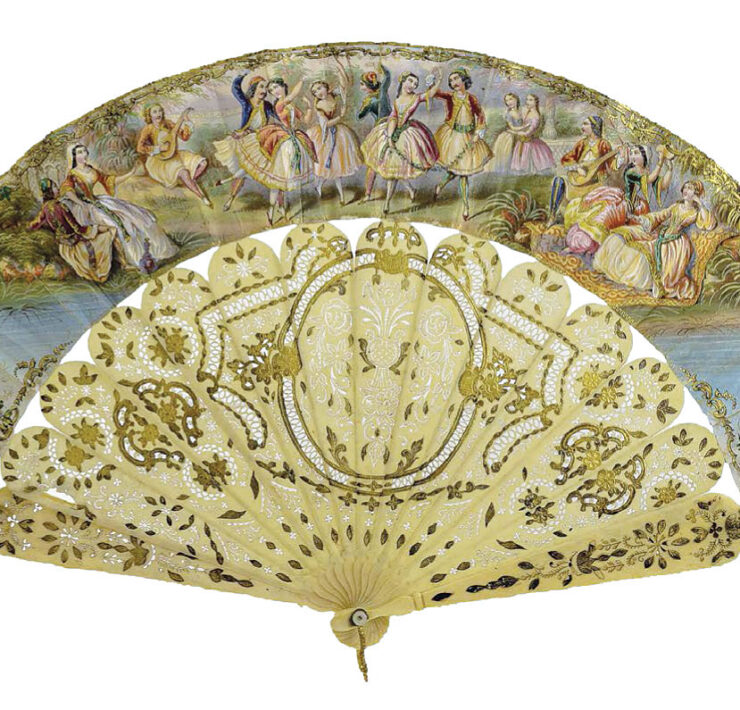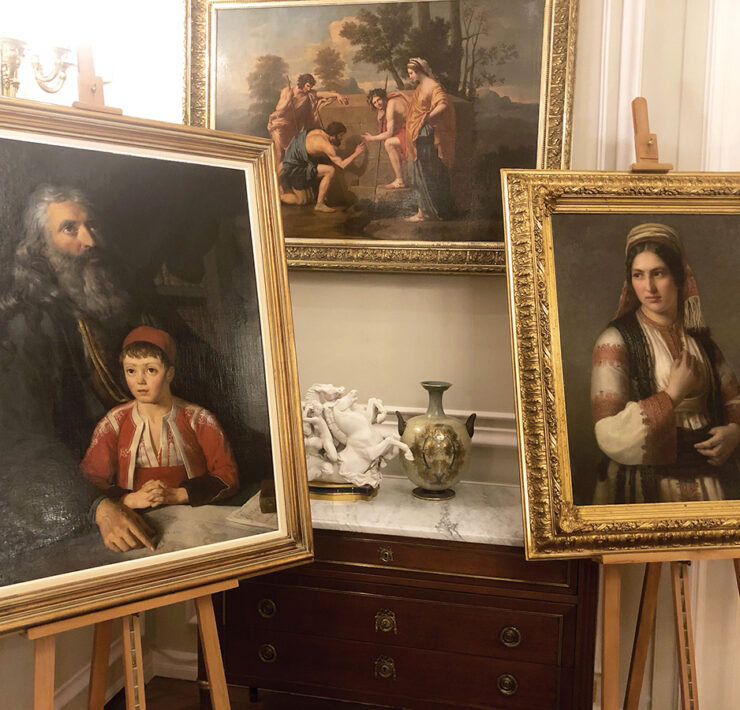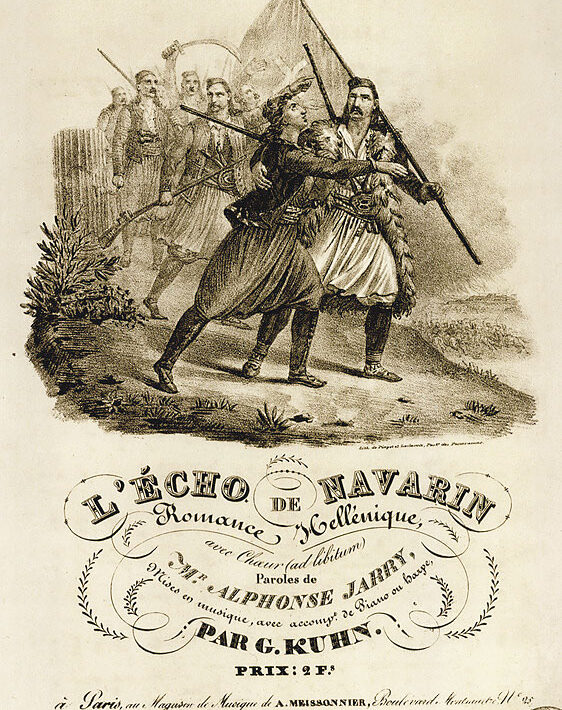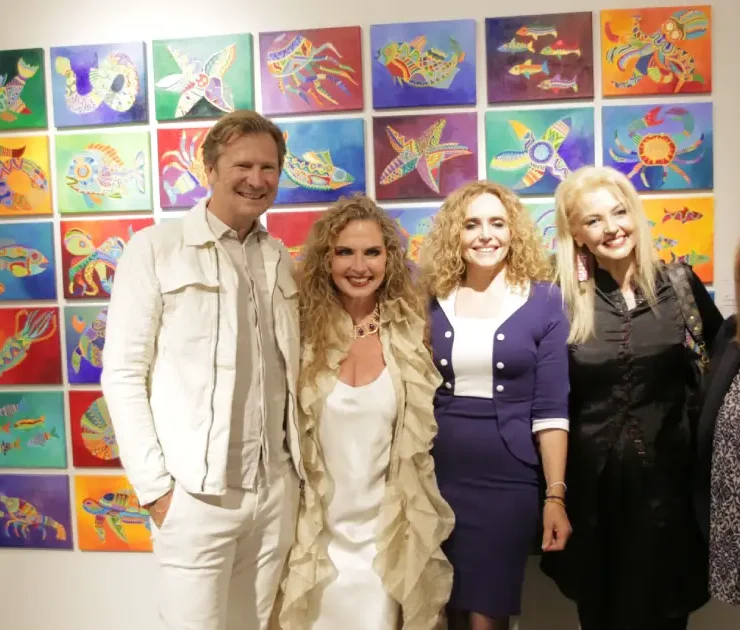Philhellenism in France and its influence on music and the arts during the Revolution of 1821

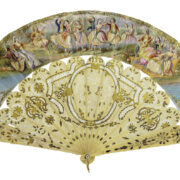
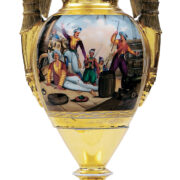

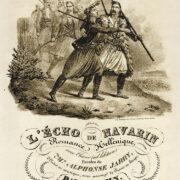
Philhellenism in France and its influence on music and the arts during the Revolution of 1821
The Society for Hellenism and Philhellenism and the Ambassador of France to Greece Mr. Christophe Chantepy organized an event – a tribute to French Philhellenism and its influence on the arts and music during the Greek Revolution of 1821 and the 19th century.
Philhellenism was a major political, social and artistic phenomenon that spread across Europe because of the Greek Revolution of 1821″, said Prof. Dr. Fotis Papathanassiou and continued, “this expression of solidarity with the struggling Greeks has as a supreme cause the feeling of a spiritual debt or, even better, the feeling that this affair concerns the very essence of every European people, every person and every society that participates in it which we call Western culture. The closure of Dr. Fotis Papathanassiou’ speech was moving “Greece needs a New Philhellenism. The country’s name was struck during the crisis. Those who once said New Athens, Neue Hellas, now say “do not become Greece”. It is the time of New Philhellenism. It is again the Time of Democracy and Culture. It is the time of renewed gratitude. Of Greece to the Philhellenes. Of the Philhellenes to Greece “.
The role of neoclassic and romantics of the 18th and 19th centuries was emphasized, particularly the emblematic Greek Cypriot Elizabeth Santi Loumaki Chenier, the wife of the wealthy French merchant Chenier, whose famous literary salon was the catalyst for the establishment in 1809 of the secret organization “Greek Glossary Hotel’. In this organization, Tsakalov, who moved to Odessa in 1814, participated, and the “Greek Glossary Hotel” practically transformed into the Society of Friends (Filiki Eteria). During the event, reference was made to Satovirandos and the great philhellenes Guiraud, Casimir Delavigne, Victor Hugo, Alphonse de Lamartine, de la Rochefoucault -Liancourt, De Broglie, and others who manned the Philhellenic comitates, as well as their activities to support the struggling Greeks.
Fabvier, De Rigny, Butte, Maison and others were mentioned for their actions during the Revolution, the naval battle at Navarino and the French Mission in the Peloponnese for the expulsion of Ibrahim and the support of the newly established Greek state.
Speakers at the event were Christophe Chantepy, Ambassador of France to Greece, Fotis Papathanassiou, Professor of International Relations, Konstantinos Velentzas, founder of the Society for Hellenism and Philhellenism, President of the European DYNAMICS Group.
The event ended with a unique concert featuring Philhellenic compositions of the 19th century – unknown to the public, with the well-known baritone Nicolaos Karagiouris and Maria Papapetropoulou on the piano.
During the event, at the embassy, a collection of about 100 emblematic philhellenic works of art from the 19th century from France, the collection of the Society of Hellenism and Philhellenism, with paintings, sculptures, watches, porcelain, toys, books and utilitarian objects, as well as important documents of the Revolution of 1821.
Society of Hellenism and Philhellenism www.eefshp.org



